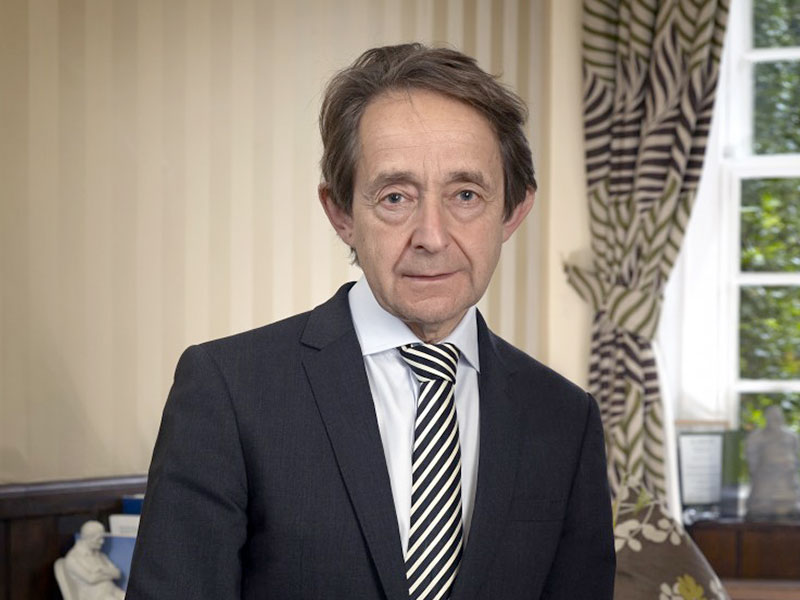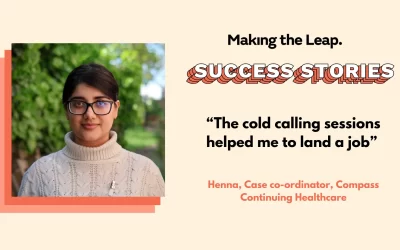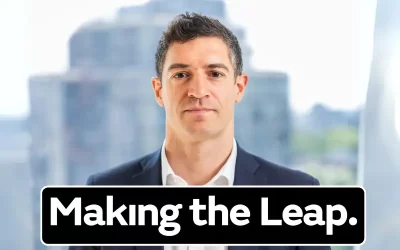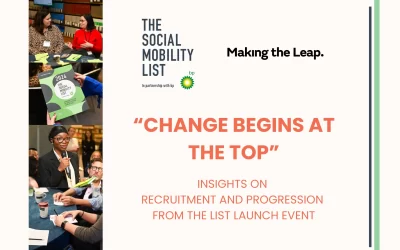Sir Anthony Seldon is a leading British schoolmaster and a contemporary historian, commentator and political author. He is Master of Wellington College, Britain’s top co-educational independent boarding school. He is author or editor of over 40 books on contemporary history, politics and education, was the co-founder and first director of the Centre for Contemporary British History, is co-founder of Action for Happiness, and is honorary historical adviser to 10 Downing Street. He is also a member of the First World War Centenary Culture Committee, established by the Culture Secretary in 2013. He becomes vice chancellor of the University of Buckingham in September 2015.
We are right to obsess about social mobility. Britain’s record on social mobility is poor and needs to be vastly improved. Key to enhancing social mobility is schooling, and learning at home. Talent does not fall equally across the nation, but in any chosen field – mathematics, literacy, music, sport – ability is distributed in a bell curve. The job of any education system worth its salt is to maximise the potential of each and every child. In Britain, there is a heavily disproportionate likelihood of children having their talents recognised and nurtured if they are born to the families of the well-off or powerful.
Part of the reason for this is that these families disproportionately use the independent sector, which has a proven track record of success at securing top grades, access to top universities, and jobs. The debate in Britain has thus focused heavily, too heavily, on independent schools. The left wants them to disappear, and point to Finland where such a transformation has happened. But in Britain, the likelihood of any government abolishing independent schools is a pipe-dream. There are good reasons why, in a liberal democracy, governments should allow citizens to spend their money how they choose, which includes spending it on school fees for their children. A more rewarding and interesting conversation thus needs to take place on how independent schools can work with state schools to bridge divides and try to improve standards. Some have done this by forming academies, others by forging partnerships, still others by joining together in Teaching School Alliances.
All of these can help. If I was Education Secretary, I would insist on all independent schools forming organic links with state schools. Many today do have partnerships, which often they fund themselves. These bridge-building exercises I see as not eroding the freedom of independent schools, but helping to guarantee it. But the debate on independent schools misses the point in the last analysis. Because even those countries that have no independent or private sector education still have elite schools. The rich and powerful in these countries still manage to send their children to these elite high-performing schools in ways that can be much more manipulative and less open than currently is the case in Britain. It is human nature for parents to want to give their children the very best. If parents have the power to do so, they will pay to have their children tutored outside school to pass entrance tests, move their homes into the catchment areas of top state schools, and use social connections, bribes and other means to get their children into top schools.
We are utterly myopic in our debate in Britain to thus concentrate just on private schools. Social apartheid exists just as much in Britain in the state sector, with articulate and driven parents ensuring that their children get into top schools. Sometimes, those who are most self-righteous on the topic of social mobility have played the system the hardest to secure good free places for their children. We need a huge open debate about social mobility in independent schools. My experience after a lifetime of working in independent schools is that the vast majority of teachers and, yes, parents, are only too happy to have partnerships with state schools and for state school children to work and share facilities alongside their own children. We need less hot air and shrillness in this debate, and more reflective thought.
Follow Making The Leap on social media for all the latest news and updates.



